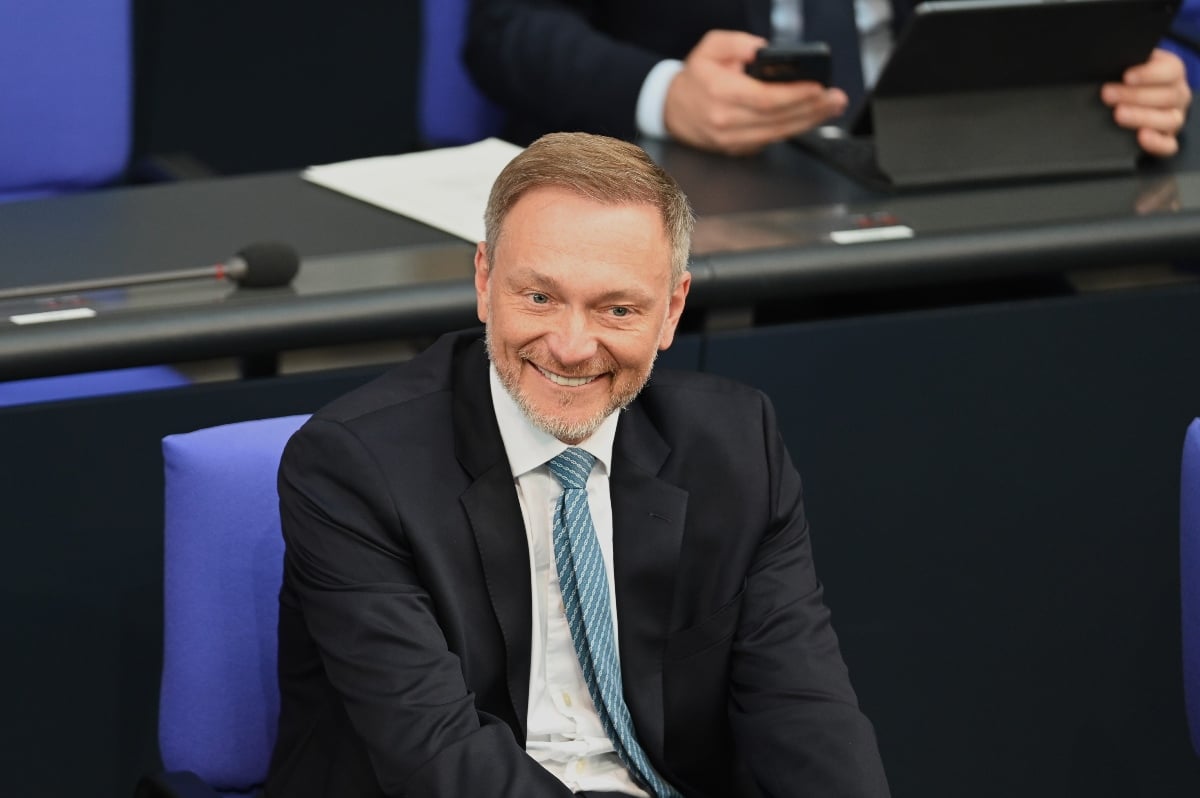The Werteunion (Values Union) group said after a general assembly that it would leave former chancellor Angela Merkel’s centre-right CDU and Bavarian sister party CSU.
“With a big majority, the members of the Werteunion voted for the founding of an eponymous party,” said its leader Hans-Georg Maassen.
“The party could already run in the state elections in eastern Germany and would work with all parties … that are ready for a political change in Germany,” said Maassen, who notably did not rule out cooperation with the far-right AfD party.
The anti-immigration AfD party leads opinion polls in Brandenburg, Thuringia and Saxony, which are due to hold state elections in September.
However, mainstream political parties like the CDU or Chancellor Olaf Scholz’s Social Democrats have all ruled out governing in any coalition with the AfD.
Maassen’s Werteunion was founded in 2017 as a faction of CDU-CSU members who opposed Merkel’s policies, including her decision to let in hundreds of thousands of refugees.
Maassen was Germany’s former domestic intelligence chief but was forced to take early retirement in 2018 over controversial comments over immigration.
READ ALSO: Over 100,000 in German protests against far-right AfD
The new splinter party said it has about 4,000 members, most of them formerly from the CDU or CSU.
The founding of the party came at a time when the AfD was under intense scrutiny following revelations that some of its members had discussed mass deportation plans of immigrants and “non-assimilated citizens” with other extremists.
Two of the Werteunion’s members were also present at the controversial meeting last November.
The AfD confirmed the presence of its members at the meeting, but has denied taking on the “remigration” project championed by Austria’s Martin Sellner.
Sellner is the leader of Austria’s Identitarian Movement, which subscribes to the “great replacement” conspiracy theory that claims there is a plot by non-white migrants to replace Europe’s “
Revelations of the meeting had sent shockwaves across Germany, as contents of the talks drew comparisons with Nazi ideology.
Since then, anti-AfD protests have erupted across Germany. From Friday through Sunday, demonstrations are expected in more than 100 locations.
On Saturday, more than 100,000 people joined the mobilisation against the far-right party.




 Please whitelist us to continue reading.
Please whitelist us to continue reading.
Member comments